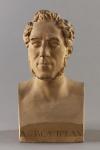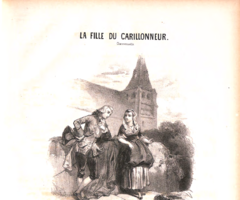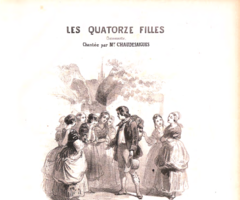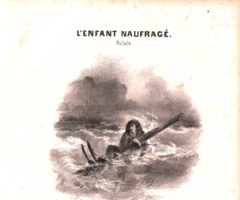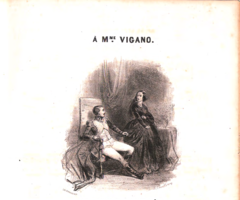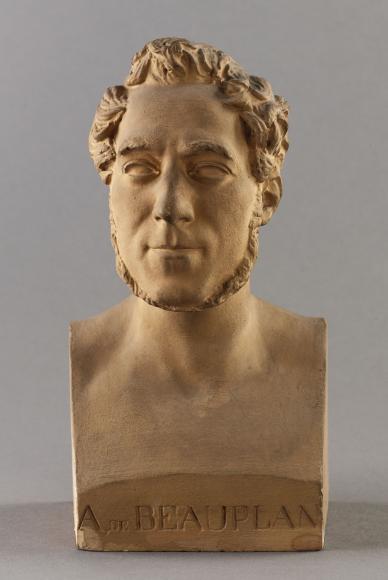
Amédée de BEAUPLAN
1790 - 1853
Composer, Librettist, Poet
Amédée Rousseau, known as Amédée de Beauplan (1790-1853), belonged to a dynasty of maîtres d’armes (fencing masters) active at the French court from the end of the seventeenth century until the Revolution. His early years were marked by tragedy: his father was executed in 1794 and his aunts, close to Marie-Antoinette’s entourage, suffered persecution. That did not compromise his future, however. An aesthete, a brilliant socialite close to Bonapartist circles, he proved to be a talented poet, playwright, landscape painter (exhibiting at the Salon from 1833 to 1842) and composer. In the latter capacity, he produced two (not very successful) operas, L'Amazone (1830) and Le Mari au bal (1845), but it was his many romances that brought him fame. Imbued with great sensitivity – and sentimentality – such songs were to be heard regularly in the Parisian music salons during the July Monarchy. In character they owed more to the petits airs of the late eighteenth century than to the future French art song or mélodie, but musically they were perfectly in keeping with the style of the time, sometimes even approaching the spirit of the Germanic lieder of Beethoven or Schubert. Although he was a representative of early French Romanticism and played an important part in the history of the romance, Amédée de Beauplan was soon forgotten after his death.


